You are not logged in.
Dear visitor, welcome to WesWorld. If this is your first visit here, please read the Help. It explains in detail how this page works. To use all features of this page, you should consider registering. Please use the registration form, to register here or read more information about the registration process. If you are already registered, please login here.
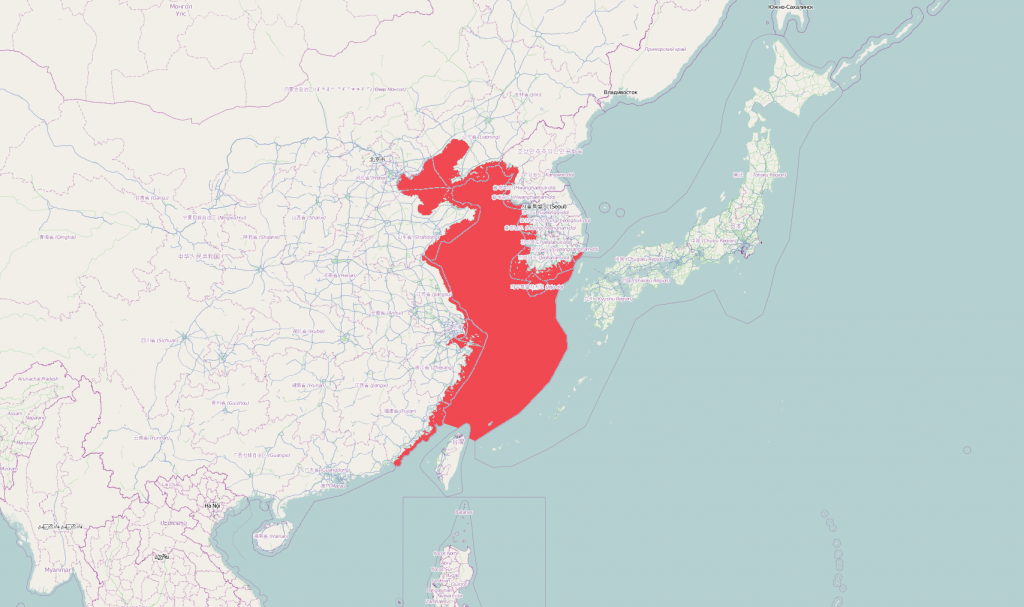
This post has been edited 1 times, last edit by "Daidalos" (Sep 10th 2013, 7:23pm)
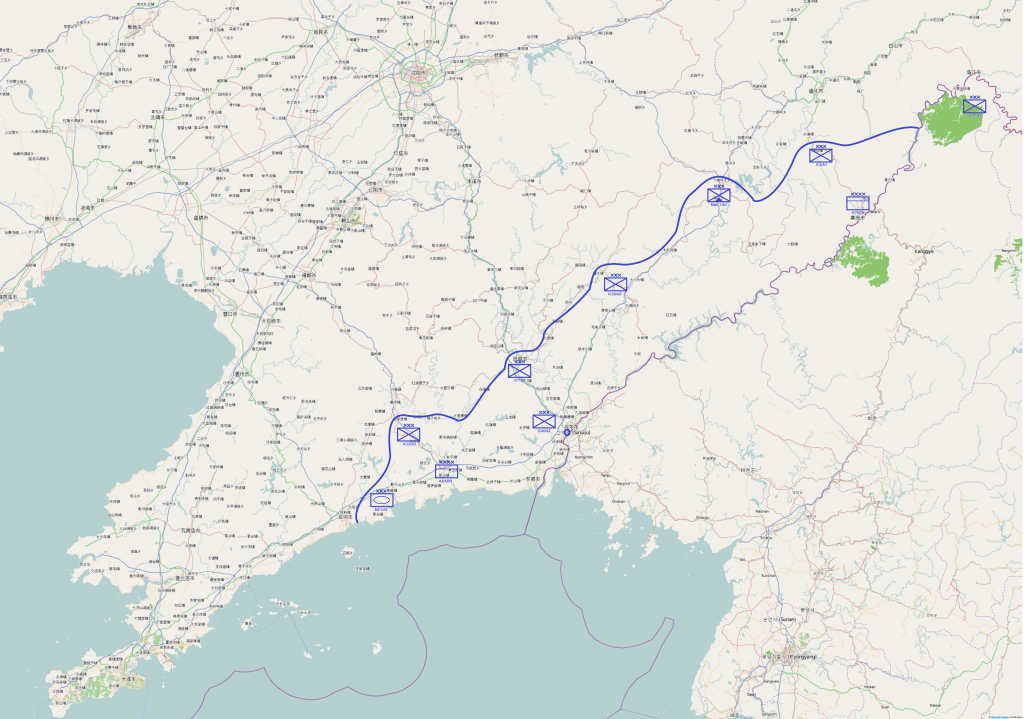
Quoted
From: Joachim Echevarria, President, Iberian Confederation
To: Jong Un, President, Chosen
To: Chiang Kai-Chek, President, China
Sirs,
1. An Iberian military convoy will be departing Haikou, San Hainando on 23 August 1943. It will arrive at Macau, via international waters, on 25 August 1943. It will depart Macau on 28 August 1943 for San Hainando.
This convoy will be transporting military reinforcements to the Macau garrison.
The Iberian Confederation will not oppose or interfere with peaceful observation of the convoy by either of your governments. Attempts to interfere with the progress or security of the convoy will, however, not be tolerated.
2. Effective 30 August, the Iberian Armada will engage in a weekly convoy between Haikou and Macau. This convoy will consist of Iberian escort forces and any non-belligerent shipping wishing to travel to or from Macau. Again, peaceful observation of the convoy will be acceptable; interference with the convoy will not.
Sincerely,
Joachim Echevarria
Quoted
From: CIC ARMADA
To: CIC HOMFLT; CIC FAREAST
Flying Squadron to depart home waters for Haikou, effective 72 hrs from receipt of this transmission.
Flying Squadron to consists of BB Mercurio, Venus, CV Seville, Porto, and appropriate screening and auxiliary assets.
Resupply at friendly ports as required.
Message ends.
This post has been edited 8 times, last edit by "Daidalos" (Sep 11th 2013, 1:27am)
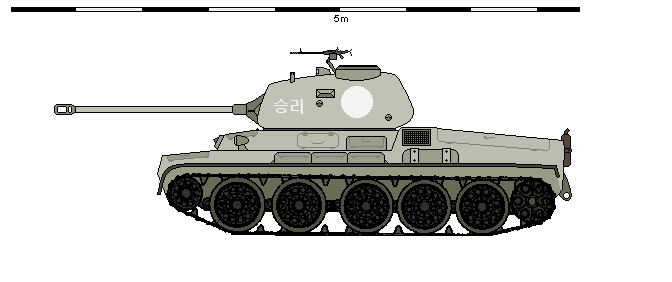
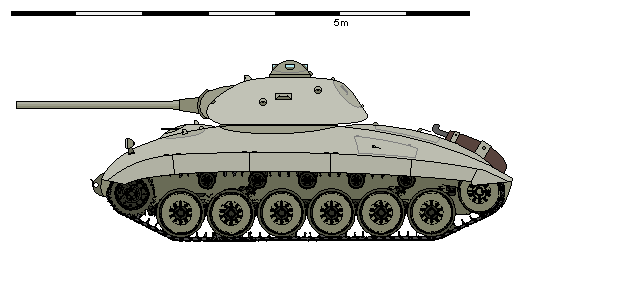
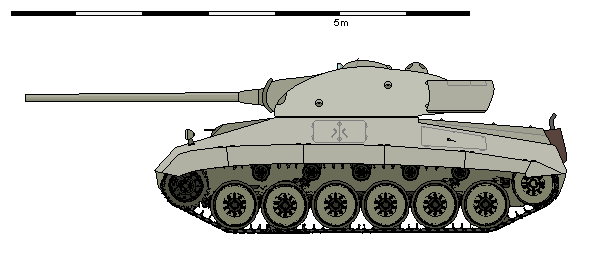
This post has been edited 1 times, last edit by "Daidalos" (Sep 12th 2013, 11:17pm)

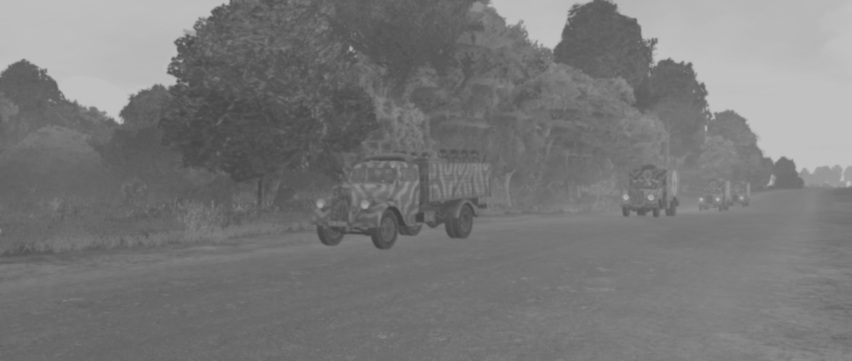
This post has been edited 1 times, last edit by "parador" (Sep 13th 2013, 11:13pm)
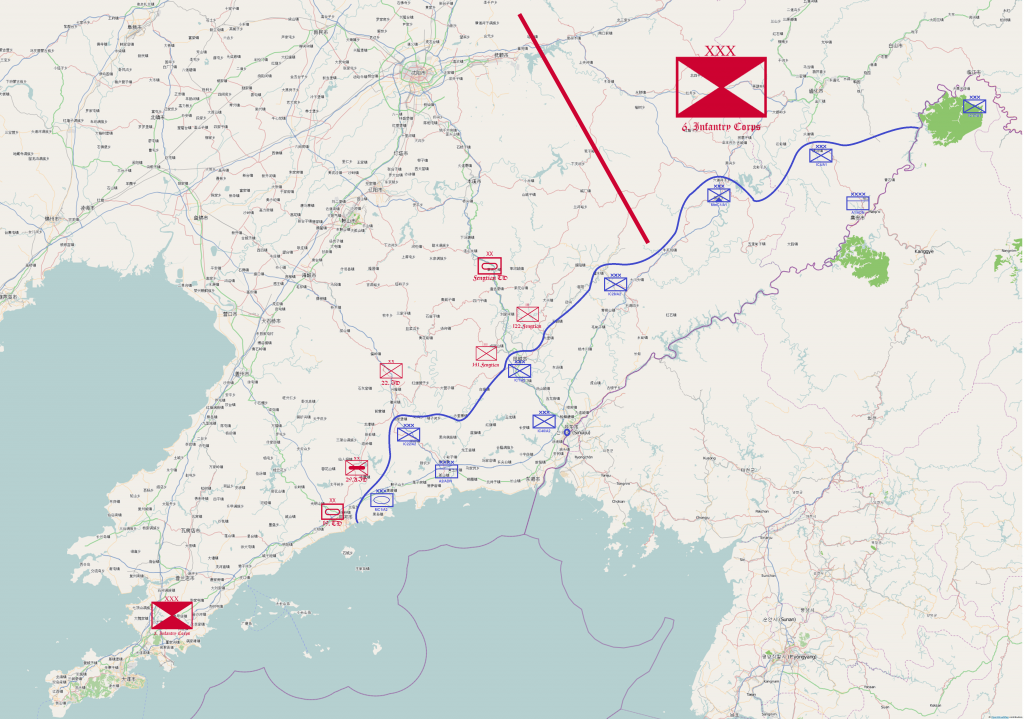
This post has been edited 2 times, last edit by "Daidalos" (Sep 17th 2013, 3:07pm)
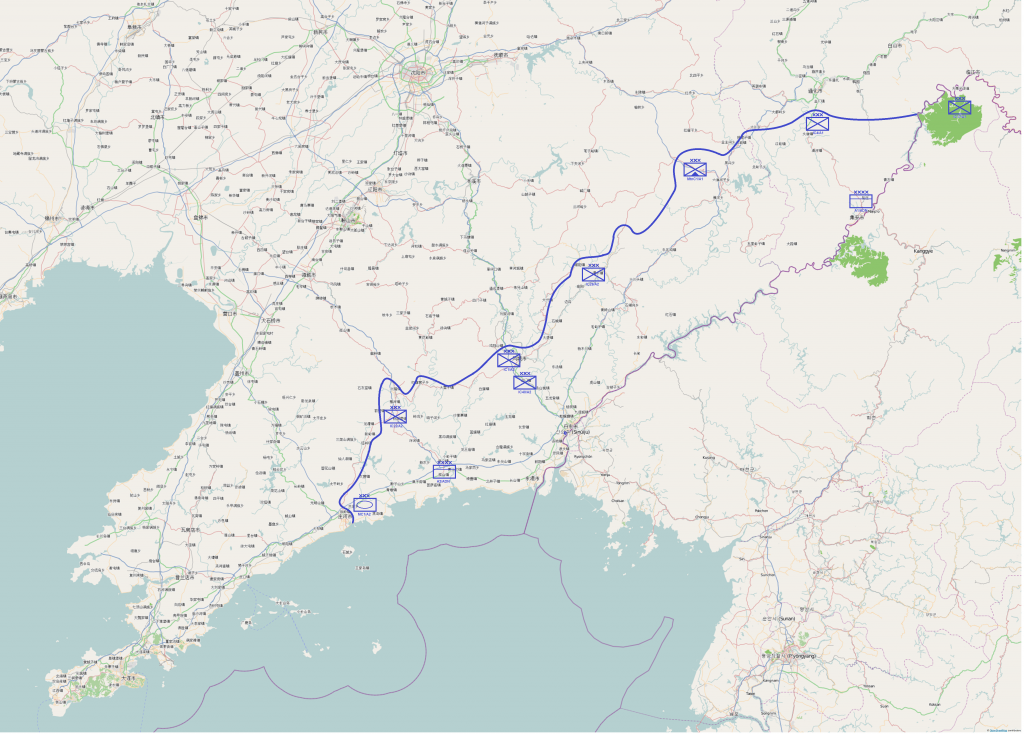
This post has been edited 1 times, last edit by "Daidalos" (Sep 27th 2013, 2:52pm)
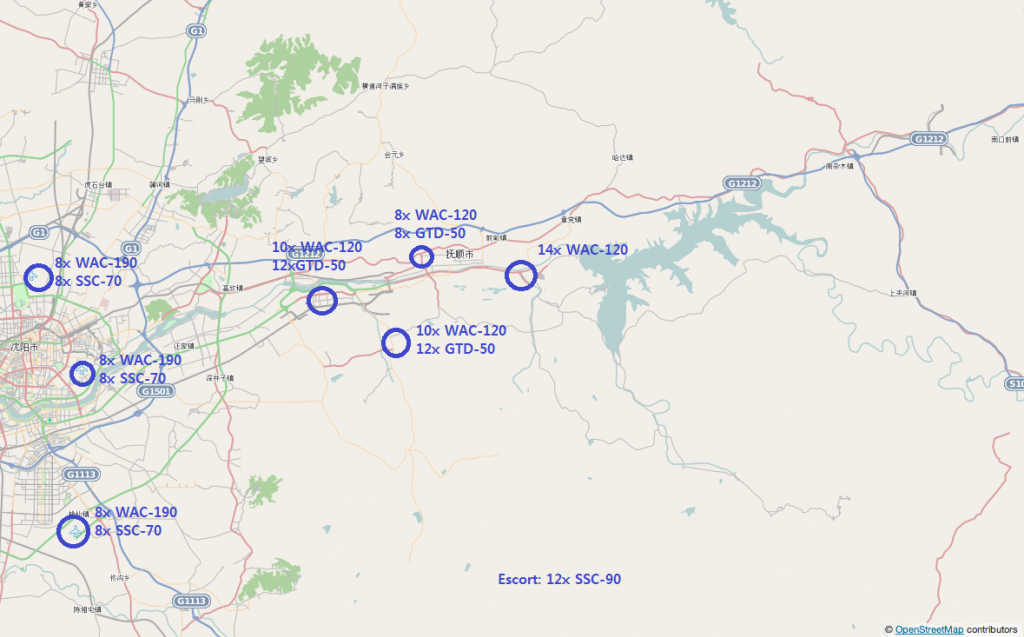
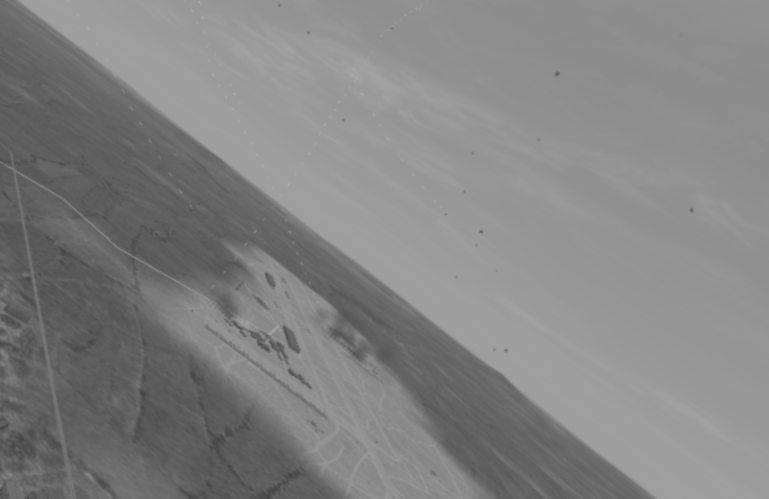
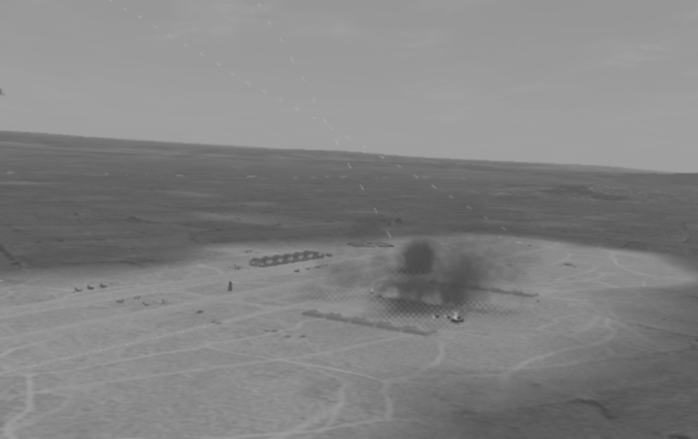
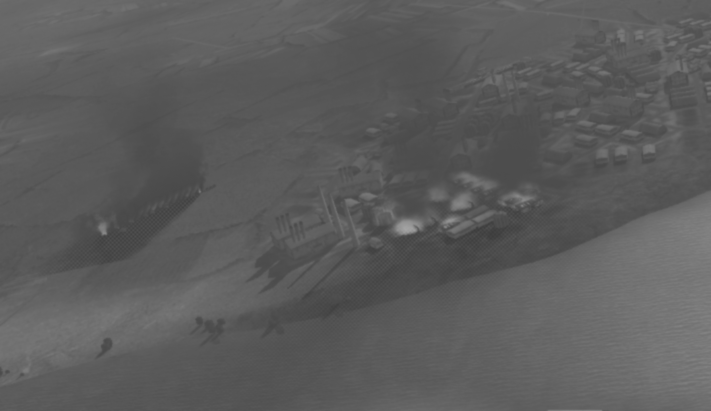
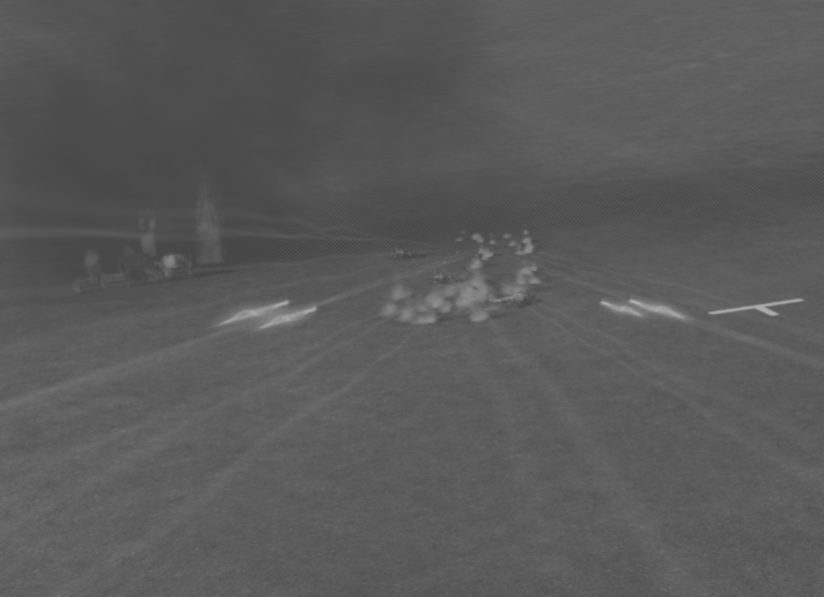

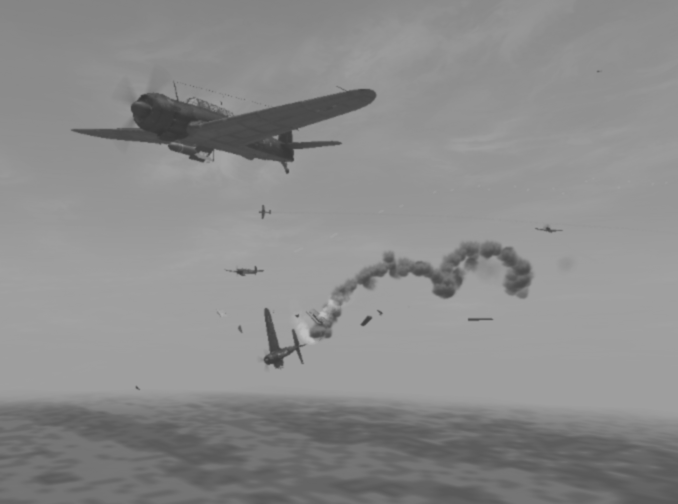
This post has been edited 2 times, last edit by "Daidalos" (Sep 18th 2013, 2:25pm)
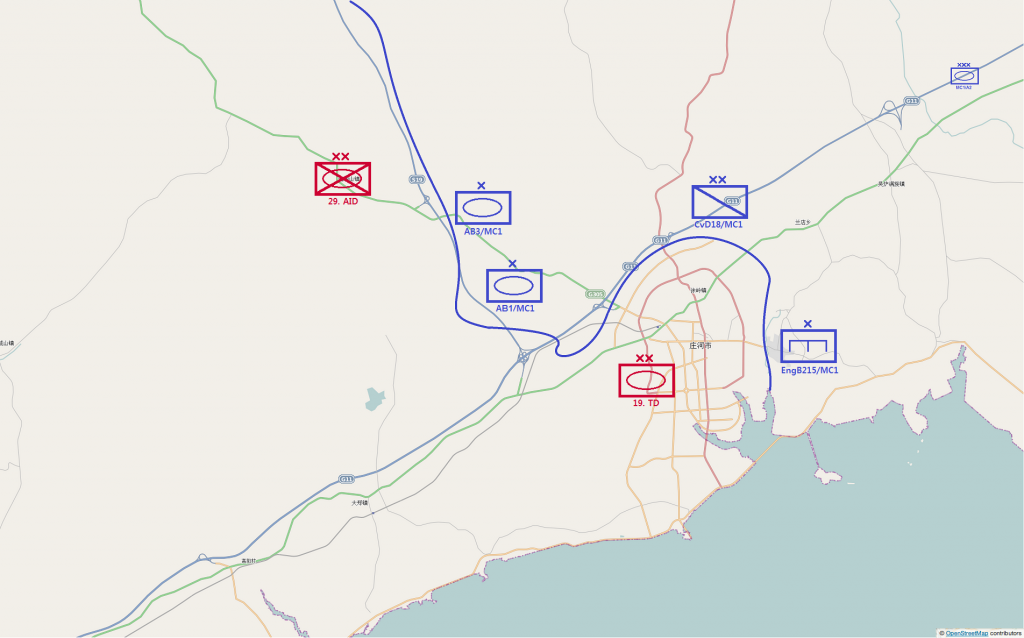
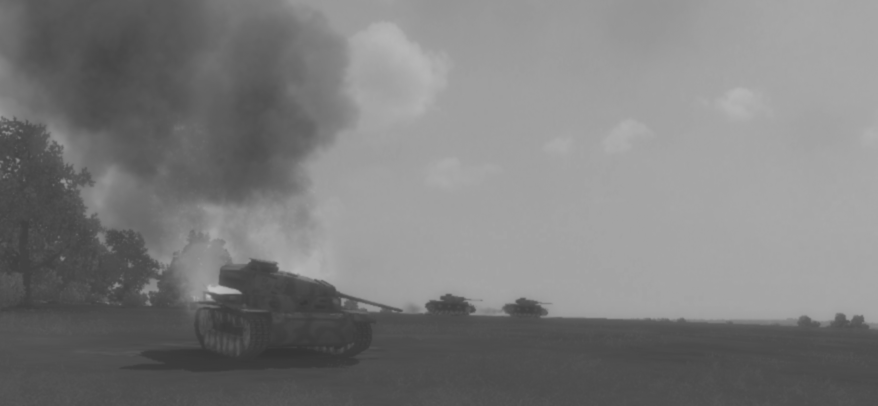
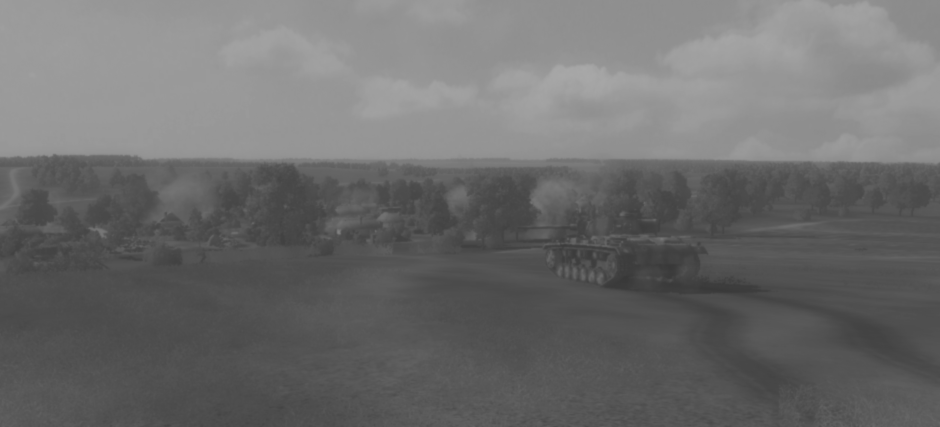
Forum Software: Burning Board® Lite 2.1.2 pl 1, developed by WoltLab® GmbH
